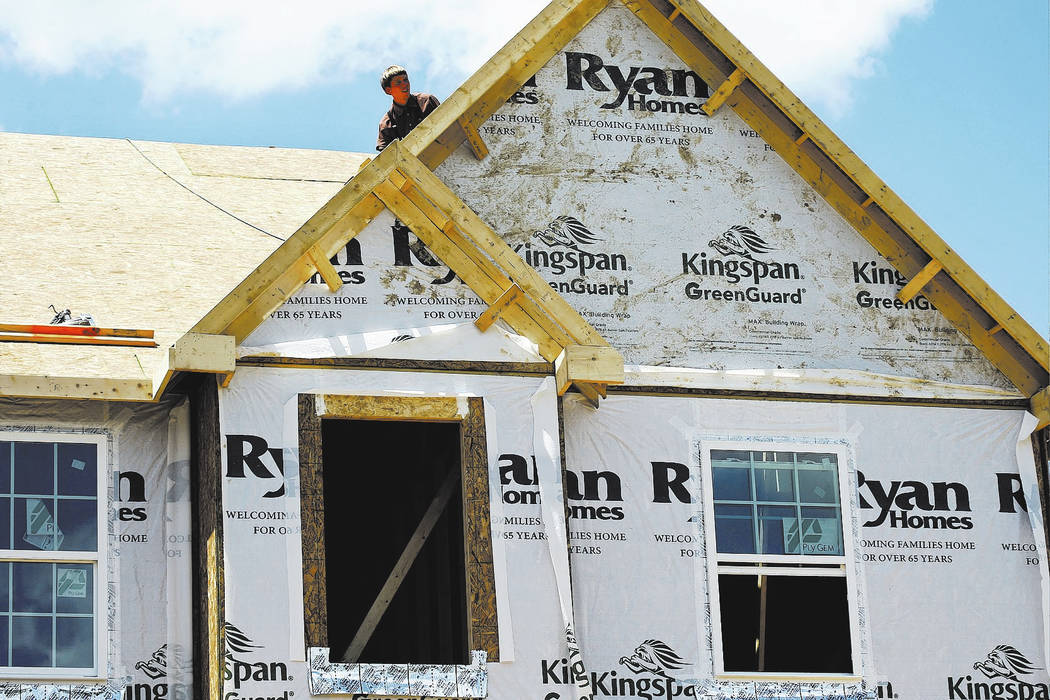EDITORIAL: Dismantling barriers that discourage housing construction
Few issues highlight the insular thinking of the political class like “affordable housing.” While there are certainly a host of factors that determine the health of a region’s housing stock, the most obvious and important ingredient — the basic concept of allowing supply to meet demand — is the precise component that elected officials and activists are most inclined to ignore.
To that end, President Donald Trump this week signed an executive order creating the White House Council on Eliminating Barriers to Affordable Housing Development. The board will consist of eight Cabinet heads and examine ways to remove unnecessary roadblocks to home construction.
Department of Housing and Urban Development Secretary Ben Carson, who will chair the panel, said the goal is to “address, reduce and remove the multitude of overly burdensome regulatory barriers that artificially raise the cost of housing development and help to cause the lack of housing supply.”
Among the policies that could come under increased scrutiny, according to the president’s order: “rent controls; cumbersome building and rehabilitation codes; excessive energy and water efficiency mandates; unreasonable maximum density allowances; historic preservation requirements; overly burdensome wetland or environmental regulations … tax policies that discourage investment or reinvestment; overly complex labor requirements; and inordinate impact or developer fees.”
This makes eminent sense. The Wall Street Journal reports that “home construction per household is near the lowest level in 60 years of record-keeping, creating a shortage of everything from starter homes for young households to rental apartments for retirees on fixed incomes.” This shortage — most acute in Democratic-dominated locales, such as California — doesn’t stem from a lack of developers willing or able to meet demand. It’s driven primarily by government red tape.
Not surprisingly, leftist critics attacked the council because they suspect it might advocate dismantling a slew of federal “fair housing” rules designed to achieve progressive political objectives tied to housing, such as fighting perceived discrimination, erecting environmental roadblocks and agitating against “inequality.” But if these interventions have undermined the nation’s housing market, they indeed deserve review.
Of course, most zoning politics is local, not federal. But the Trump administration has an opportunity with the Carson panel to shine a bright light on how many barriers erected at the municipal level exacerbate the affordable housing problem and drive up costs. That, in turn, could increase pressure on states and local governments to evaluate whether their bureaucratic approach subverts the basic notion of supply and demand when it comes to housing.




























